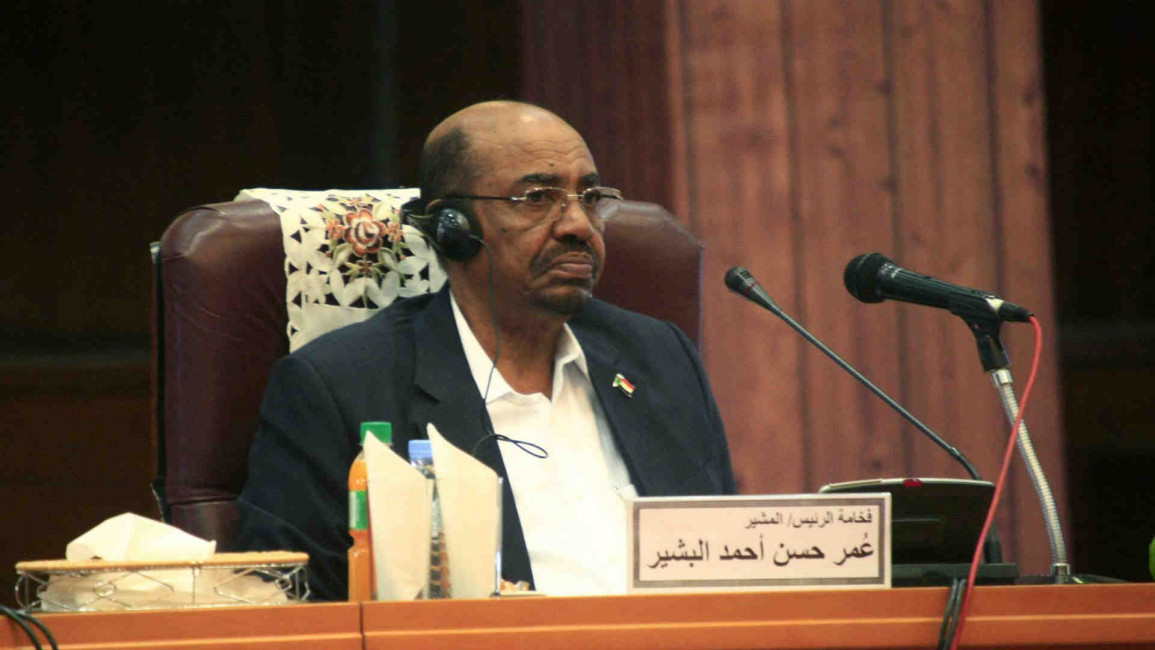Sudan's regime expecting $42 billion in loans when sanctions are lifted
Sudan's ministry of investment is working with the World Bank to organise a list of investments in the country's economy for when sanctions are lifted in July.
Official statistics shows a potential list of $42 billion worth of soft loans, to be invested in infrastructure projects such as power stations, transport links and banking systems.
China is expected to be the biggest lender, with investments worth about $15 billion, followed by Saudi Arabia with $11 billion.
The UAE, Kuwait, Qatar and Egypt are all slated to make big payments, while Germany is the top European donor with planned investments of $1.4 billion.
The New Arab's correspondent in Sudan has counted a total of 600 infrastructure projects that were tabled by the ministry.
The minister for investment, Mubarak al-Fadil, said in a statement that 421 projects had been so far approved, worth a total of 3.7 million dollars.
 |
The investment process has faced several challenges, due to ongoing financial sanctions against Khartoum that are expected to be lifted in July. |  |
The investment process has faced several challenges, due to ongoing financial sanctions against Khartoum that are expected to be lifted in July.
Former US president Barack Obama lifted sanctions against the Sudanese regime just before he left power in January following a period of peace in the country's south.
A recent flare-up of violence in the country's Darfur region puts that decision at risk however, and the Senate still has not ruled on whether sanctions will in fact be lifted.
Bloomberg reports the Sudanese President, Omar al-Bashir, has hired the law firm Squire Patton Boggs LLP to lobby the US government to lift the sanctions at a cost of $40,000 a month.
Sudan was one of the six countries on Donald Trump's executive order on immigration - nicknamed the "Muslim ban".
Some economic advisers have forecast that sanctions will be lifted, due to the untapped oil and gold resources that extend throughout the country's south.
A 2016 report by the Enough Project, an NGO dedicated to the cessation of violence in Africa, found that gold mining and mineral extraction programmes were directly responsible for war crimes in Darfur.
"Gold coming from Sudan is conflict-affected, high-risk, and helping to destabilise Darfur, Blue Nile, and South Kordofan, the country's main conflict zones," the report said.
"In those areas, civilians living around gold mining sites have suffered killings, mass rape, and the torching of their homes and fields at the hands of armed groups."



